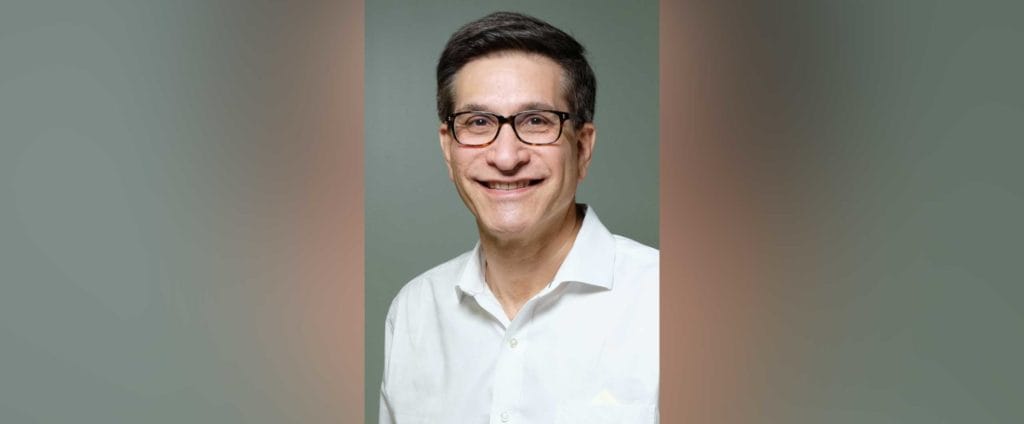Ever wonder why some people have a problem with drugs and alcohol and others don’t? Or the difference between really liking sex and being addicted to it? Or the science behind why everyone gets better looking at closing time? No matter your questions about sex, drugs and addiction, it’s likely you’ll find them explored in a freewheeling Reddit “Ask Me Anything” forum featuring David Sack, MD, addiction psychiatrist and chief medical officer of Promises Behavioral Health, a nationwide addiction and mental health treatment network. The July 18 question-and-answer session, which attracted thousands of comments, not only allowed Dr. Sack to share his expert knowledge, insights and advice, it provided a sounding board for those struggling with their own or a loved one’s substance use or behavioral issues. Many on the forum shared cautionary tales. “Alcohol is like a best friend that comforts me, but also ruins my life,” wrote one. Another warned that the first high of heroin can never be recaptured “and very soon you get a master’s degree in ‘Hell on Earth.’” A popular topic was marijuana use, and many questioned why they found themselves powerless against a drug so often billed as harmless. “It’s like my brain shuts off the voice of reason saying not to smoke,” remarked one commenter. “In my experience,” Dr. Sack answered, “pot is an insidious drug. People often don’t realize the role that rebound anxiety and agitation may be playing when they light up that next bowl.” If you are trying to stop and can’t, he added, “it is probably time to get help.” Others questioned what spurs drug or alcohol problems in the first place. “Not all people come to addiction by the same path,” he answered. “People with a history of depression, anxiety, attention deficit disorder and certain personality disorders are more likely to become addicted. This forms the basis of the ‘self-medication’ hypothesis, i.e. that they are using drugs and alcohol to manage intolerable feeling and internal states.” The good news, however, he said, is that successful treatment for addiction is possible through a combination of medication and psychotherapy that addresses the underlying issues. Another popular topic was porn, especially deciphering when you have a problem with it and how extreme those problems can become. Among the questions: “Have you ever seen someone with a porn addiction that affects their sexual drive? Basically they get all their sexual fulfillment from porn … they don’t need it from a partner?” Dr. Sack answered: “This is a common observation among people with porn addiction and other forms of hypersexual behaviors. In addition to being aroused by an interested partner, mechanical stimulation, romantic encounters, memories of successful sexual experiences, men in particular are aroused by visual imagery. Much of the rewarding effects of sex on the nervous system are mediated through the chemical dopamine. Dopamine release goes up most during the arousal phase of sex, not consummation. Pornography allows some people to extend this arousal phase, and may make sex with a partner seem less rewarding.” Other topics of discussion included:
- Whether food can really be addictive.
- How drug use and sexual problems can overlap.
- What it really means to be addicted to something.
- How our understanding of addiction and addicts is changing.
- How compulsive TV watching and gaming compare to other addictions.
- Your chances of becoming addicted to the substances you try (the statistics may surprise you).
Dr. Sack also addressed one of the most challenging problems a person can face: how to help the addict who doesn’t want help. “Loved ones often struggle between fear (that the person will hurt themselves or someone else, overdose, do irrevocable harm to work or career) and anger (at being exploited, taken for granted, intimidated or abused). The first goal is to get your loved one to safety if possible. Sometimes safety is a place (rehabilitation program), at other times it is a process (90 meetings in 90 days). What a loved one shouldn’t do is to continue to support an addict’s habit.” To explore the entire conversation, visit Dr. Sack’s Reddit “Ask Me Anything.”

